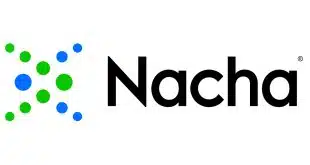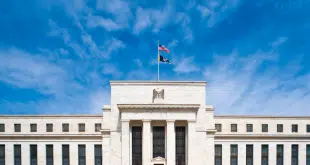PayPal Inc.’s ambitious plan to achieve what its parent company’s chief executive calls “ubiquity” in in-store acceptance took a key step forward this week when news emerged that Mercury Payment Systems has become the first independent sales organization to market PayPal’s mobile wallet to small brick-and-mortar merchants.
Durango, Colo.-based Mercury, which serves 80,000 small and medium-size merchants, works with a network of 500 point-of-sale system developers and resellers that potentially can reach about 1 million merchant locations, estimates Matt Taylor, Mercury’s chief executive. “We want to make sure scale happens, so when PayPal hits the streets, it’s used,” he tells Digital Transactions News.
Mercury has recruited a pilot group of 20 merchants that will start accepting PayPal mobile transactions in October, according to John Berkley, the company’s senior vice president of product. More merchants will be added in stages after that, he says, until the middle of next year, when “the floodgates will open.”
Developer interest is apparently running high. Mercury is starting with four, but many more are waiting in the wings. “We are rolling this out in phases,” says Berkley. “We want to do it in a controlled manner, then we’ll really blow it up. We have tons and tons of interest.”
The developer connection is critical because the mobile wallet requires system work at merchant locations to make acceptance flow simply and quickly at terminals. Mercury is offering a software development kit that will enable the wallet to run on merchant devices and funnel transactions to Mercury.
Unlike the PayPal card, which is a conventional mag-stripe plastic that runs on the Discover Financial Services network, the wallet relies on a mobile app on users’ phones. Users can also access the wallet by entering their mobile number and a PIN at the terminal. A number of ISOs, including Mercury, have already been calling on Discover-accepting merchants to sell acceptance of the card.
By arriving at the point of sale first, however, the card may ease acceptance of the wallet by demonstrating to reluctant merchants that consumers want and will use a PayPal product in physical stores, Berkley says. “The Discover partnership with PayPal helps to make this all real,” he says. “It helps to put the concerns of more conservative merchants to rest. Otherwise you’re stuck in the chicken-and-egg story for all these emerging payments.” The “chicken-and-egg” riddle refers to an old problem faced by new payment methods—consumers won’t use it unless lots of merchant accept it, and merchants won’t accept it unless lots of customers use it.
Developers and resellers are already showing signs of being sold on the technology, Berkley says. “We’ve really seen a tipping point,” he notes. “It’s starting to make a lot more sense to VARs [value-added resellers]. A year ago, it still sounded like voodoo.”
Neither Mercury nor PayPal will discuss wallet pricing in specific terms, though Berkley says PayPal is offering a buy rate and that developers and resellers will be cut into “a piece of the action.” Speaking at an acquiring conference last fall, a PayPal executive seeking to recruit sales agents for the company's push into physical stores hinted at “aggressive pricing” for ISOs.
Observers say Mercury’s developer/reseller connection could make the wallet take off for Mercury and PayPal. “It is a smart strategic move on both players' parts,” Adil Moussa, who follows the acquiring business at Omaha-based Adil Consulting, says by e-mail. “Mercury has a huge network of VARs and developers that push payment solutions to merchants. Since merchants trust these software providers, merchants are usually open to suggestions to accept another payment method.”
Mercury also offers PayPal an efficient pipeline for boarding merchants, Moussa says. “With a network of software providers and VARs, PayPal doesn't have to sell merchants one-by-one on the solution,” he says. “It will just be one of the solutions offered.”
Even so, this approach does have a downside, Moussa warns. “Having the solution loaded onto the merchant’s system, especially after the merchant has been up and running, is not a guarantee that the merchant is going to know about it and start using it,” he says.
If the “floodgates” do open, and especially if more ISOs with VAR connections sign on, PayPal’s wallet will join its new card in bringing the point of sale to the San Jose, Calif.-based e-commerce processor. That could hasten the day when the goal of John Donahoe, chief executive of PayPal parent eBay Inc., for PayPal acceptance to be “ubiquitous” in stores might be realized.







